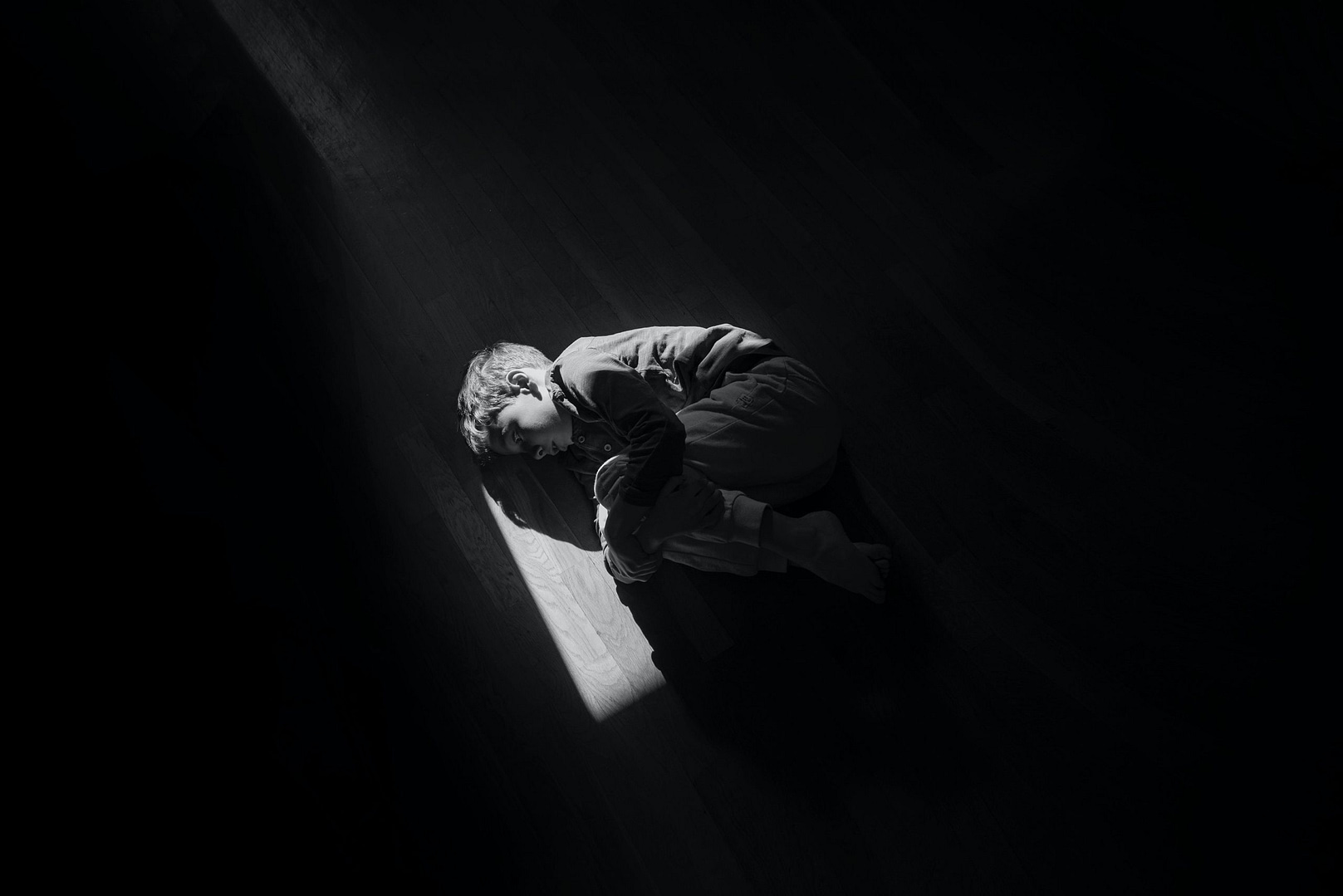

Upset problem child sitting on play park playground bench concept for bullying, depression, child protection or loneliness.
Increasingly I am being contacted by parents who are being stopped from seeing their children following a break-up.
Parental alienation is becoming more common and affects both fathers and mothers.
The overriding theme among those who I have spoken to is, they are at a loss and are desperate to see their child or children again.
Let me make it very clear, I am talking about a parent being kept away for no legitimate reason.
I am not talking about cases where there are safeguarding issues or some other legitimate reason to keep the parent and child apart.
I’ve met with Justice Minister Victoria Atkins to raise specific cases and concerns with her and pushed her on what more can be done to crack down on this.
I’ve also met with leading children’s campaigner Jan James, chief executive and founder of Good Egg Safety and will continue to work with her on this.
The statistics are shocking.
A survey with more than 2,000 responses, of which 43 per cent were mothers, so it most definitely is not a gender issue, found more than half had not seen their children for more than six months, one in 10 had not seen them for more than five years.
The police will not get involved because they see it as a civil matter, and for the ‘fortunate’ ones who can afford to go to court, it seems despite a child arrangement order, many are breached and I’m told less than 90 per cent are enforced so parents really have nowhere to turn.
More than one million UK children have no contact with a parent and CAFCASS, the Children and Family Courts Advisory Service say 80 per cent of their most intractable cases involve parental alienation.
Children are being weaponised and psychologically manipulated to believe untruths about the absent parent and often contact with grandparents and extended family also stops.
Alienation can happen at any age but it’s reportedly prevalent in children from the age of seven when cognitive abilities become more able to be manipulated.
That damage continues to adulthood with children who experienced alienation reporting suicidal ideation, drug, and alcohol issues along with general trust issues.
We need to break the cycle. Up and down the country children are being stopped from seeing their parents.
The Government has recognised parental alienation in the Domestic Abuse Bill by putting it in the guidance saying it’s part of coercive and controlling behaviour.
I want to see this enforced when it becomes law to end the heartbreak, of not only those parents separated from their children but to prevent generations to come being affected by the actions of their parent.
You must be logged in to post a comment.
This site is designed and maintained by Unique Solutions Agency Ltd